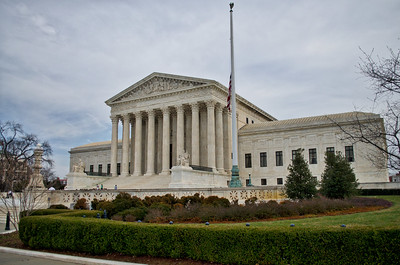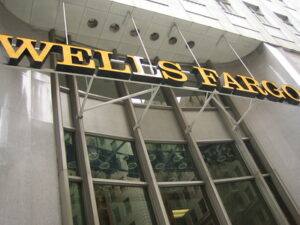In recent years, the US Consumer Watchdog has been a formidable force in safeguarding the rights and interests of American consumers. However, conservatives have long harbored concerns about the agency’s powers and reach. With the hope of curtailing its influence, they have turned their attention towards the Supreme Court. In this article, we will examine the conservatives’ efforts to defang the US Consumer Watchdog and the potential implications of such a move.
Understanding the US Consumer Watchdog
Before delving into the conservatives’ hopes and the Supreme Court’s role, it’s crucial to understand the US Consumer Watchdog itself. Established in the wake of the 2008 financial crisis, the agency was designed to protect consumers from predatory lending practices, financial scams, and other forms of exploitation. Over the years, it has played a pivotal role in holding corporations accountable for unfair business practices and has returned billions of dollars to consumers as compensation.
Conservatives’ Concerns
Conservatives have consistently voiced concerns about the US Consumer Watchdog’s structure and power. They argue that the agency enjoys too much autonomy and is largely unaccountable to elected officials. Furthermore, they contend that it can stifle innovation and hinder free-market competition through strict regulations. These concerns have fueled a desire to curtail the agency’s powers.
Turning to the Supreme Court
To achieve their goal, conservatives have looked to the highest judicial authority in the land – the Supreme Court. With the appointment of conservative justices in recent years, they see an opportunity to challenge the agency’s constitutionality and potentially limit its authority. This hope stems from the belief that the agency’s structure, which includes a single director appointed by the president and removable only for cause, may infringe upon the separation of powers.
Implications of a Defanged US Consumer Watchdog
Should conservatives succeed in their quest to defang the US Consumer Watchdog through the Supreme Court, there could be significant implications for consumers and businesses alike:
- Reduced Consumer Protection: One immediate consequence could be a reduction in consumer protection. The agency has played a crucial role in addressing financial misconduct, ensuring fair lending practices, and protecting consumers from deceptive practices. A weakened watchdog could leave consumers vulnerable to exploitation.
- Impact on Financial Markets: The US Consumer Watchdog has been instrumental in maintaining the integrity of financial markets by prosecuting fraudulent actors. If its powers are curtailed, it might become more challenging to prevent financial scams and maintain market stability.
- Market Competition: While conservatives argue that the agency’s regulations stifle innovation and competition, others contend that its actions have helped level the playing field for smaller businesses. A defanged watchdog may create an environment where larger corporations have an advantage over their smaller counterparts.
- Legal Precedent: The Supreme Court’s ruling on this matter could set a significant legal precedent, potentially reshaping the balance of power between executive agencies, Congress, and the courts. This precedent could have far-reaching implications for the regulatory landscape in the United States.
Conclusion
The conservatives’ hope that the Supreme Court will defang the US Consumer Watchdog is a significant development in the ongoing debate over the agency’s role and powers. While concerns about its reach and impact are valid, it’s essential to consider the potential consequences of such a move, including reduced consumer protection and changes in the regulatory landscape. As this issue unfolds, it will undoubtedly continue to be a topic of great interest and debate among policymakers, legal experts, and the public.












